Global Theft
Much of our global health work is defined by what we can do – or we can’t do – in the context of resource scarcity. But we also know that most countries have more than enough resources to achieve health for all. Resource scarcity is largely a myth, and the real problem is global theft of those resources. The GH community, however, rarely draws attention to the systematic theft of these resources, either by, or enabled by, people in rich countries. Rich individuals, including those considered global health saviors, and their large corporations move money from accounts in one country to another in order to avoid paying taxes, and not contributing their fair share to efforts that could improve global health. Other examples include expropriation of raw materials, like water, without fair compensation, patents and trade regimens that are highly unfair, currency speculation, corporate practices that engender poverty wages and dangerous working conditions, and environmental devastation.
September 2, 2024
Global Responsibility and Consequences of Africa’s Debt Burden

Africa’s debt crisis creates severe economic and social challenges across the continent, with countries like Kenya, Nigeria, and Uganda struggling to manage crushing foreign debt that has surpassed $1.1 trillion. Governments are cutting public services to raise funds for debt repayments, leading to widespread social instability, protests, and economic stagnation. The situation is exacerbated by…
July 9, 2024
Kenya’s protests: The violent cost of IMF debt

Recent demonstrations against Kenya’s Finance Bill 2024 were met with deadly repression. At least 39 civilians were killed and hundreds injured by Kenyan police while protesting the proposed 346 billion Kenyan shillings ($2.6 billion) tax increase. This Bill was intended to generate government revenue, a condition of the $2.34 billion International Monetary Fund (IMF) 38-month…
May 15, 2024
Fair Taxation: Urgent Call for action in G20 and UN
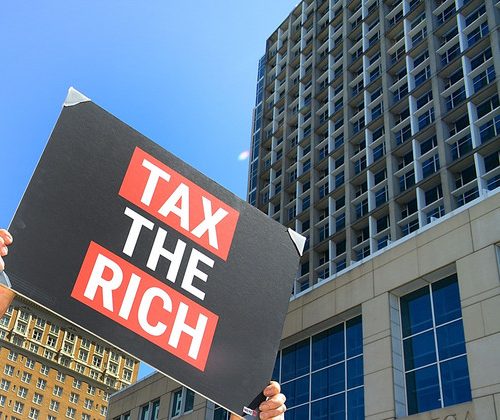
Oxfam’s February 2024 analysis reveals a troubling trend: the wealthiest 1% in G20 countries are benefiting from significantly reduced tax rates, widening the gap between the rich and the rest. This alarming disparity, coupled with a decline in democracy, underscores the urgent need for policy reform. As finance ministers convene in São Paulo, they must…
May 14, 2024
Stolen Wisdom: Ending Western Exploitation of Indigenous Knowledge

As of May 2024, the Diplomatic Conference on Genetic Resources and Associated Traditional Knowledge unfolds in Geneva, a crucial conversation is taking place: how to end the long-standing exploitation of traditional knowledge and genetic resources by wealthier nations. For centuries, indigenous peoples have been the guardians of a vast repository of knowledge about medicinal plants,…
January 22, 2024
UN Tax Reform offers hope to Low Income Countries
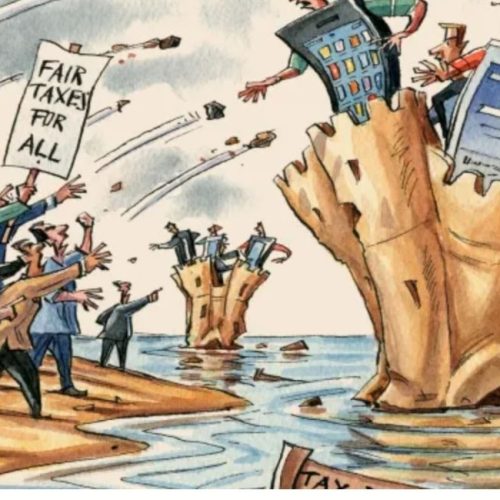
In late November 2023, developing countries at the UN won a historic vote to set up a tax convention in spite of resistance from rich countries. This Guardian editorial (see below) explains how poor nations’ ability to feed, educate and provide healthcare to their people is hobbled by illicit and hidden movements of capital worth…
July 31, 2023
Countries on course to lose $4.7 trillion to tax havens over next 10 years

The tax justice network recently released its 2023 State of Tax Justice report that estimates that, if no action is taken, countries will lose nearly US$5 trillion in tax to multinational corporations and wealthy individuals using tax havens to underpay tax over the next 10 years. Lower incomes countries’ tax losses ($46 billion) are equivalent…
March 24, 2023
UK Job Offers Threaten Nepal’s Hospitals: Concerns Grow Over Devastating Impact on Healthcare System
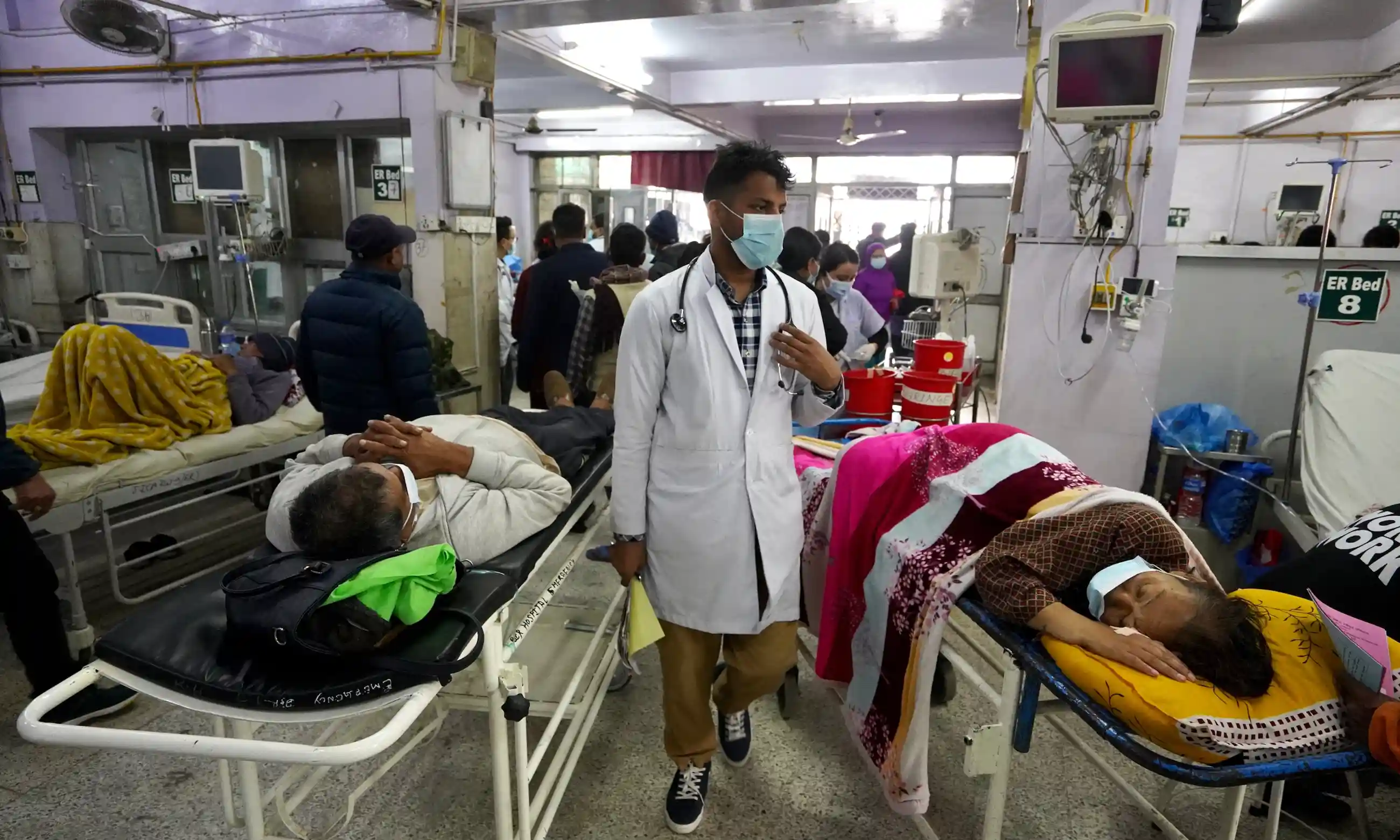
Nepal’s public health system is plagued by staff shortages, dilapidated infrastructure, overcrowded wards, long wait times, and meager pay, making it a country that the WHO has designated to not be targeted for healthcare professional recruitment. Despite this, the UK’s National Health Service (NHS) has signed a deal with Nepal to recruit Nepali nurses, a…
March 10, 2023
Record Profits for Top Western Oil and Gas Companies Amid Global Crisis

Crisis year 2022 brought $134 billion in excess profit to the West’s five largest oil and gas companies The world’s five largest oil and gas companies made a record $195 billion in profits in 2022, up almost 120% from the previous year, thanks to the global energy crisis triggered by Russia’s invasion of Ukraine and…
March 8, 2023
Poverty and Exploitation in Jobs, Housing, Banking
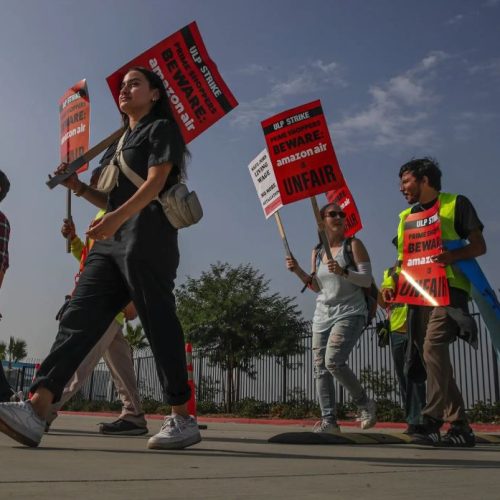
Desmond describes the structural role of exploitation in the persistence of poverty in the USA – that is also highly relevant to poverty globally. While we try to promote programs to aid the poor, ‘we have not confronted the unrelenting exploitation of the poor in the labor, housing, and financial markets,” This simply means that…
June 7, 2022
Is Bill Gates a barrier to fair taxation?
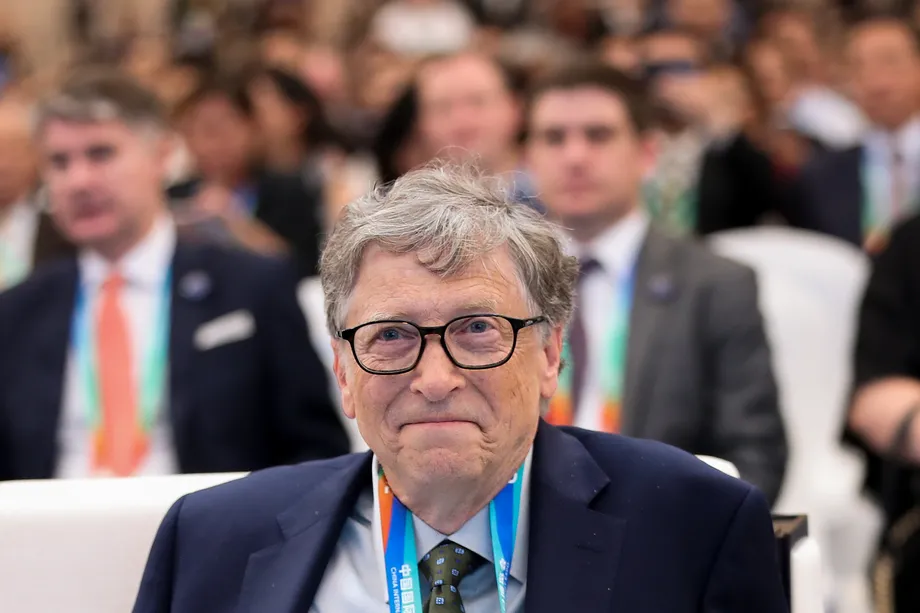
Fair taxation is fundamental to global health. Taxes provide the necessary resources to finance strategies to improve health, including social determinants of health (education, nutrition, housing, water, sanitation) and health care. Taxes provide resources for the public health infrastructure that is essential to implement and scale up the technologies and programs developed by the Gates…
Next page



